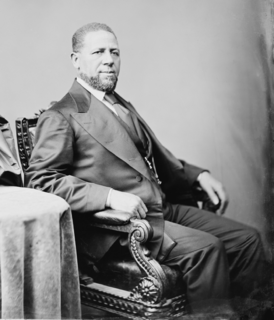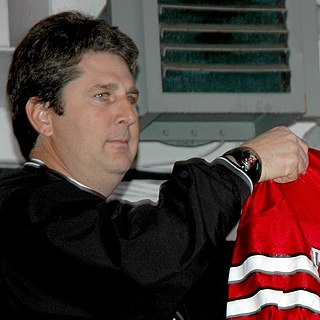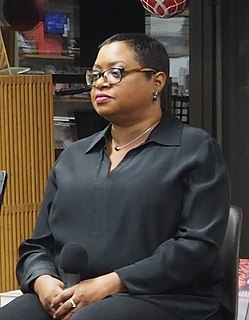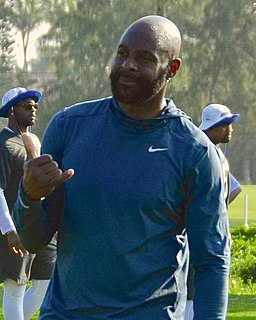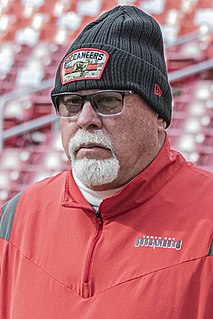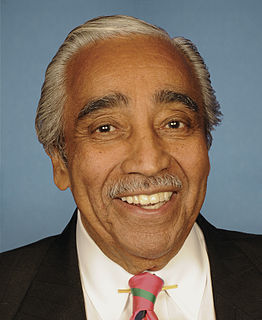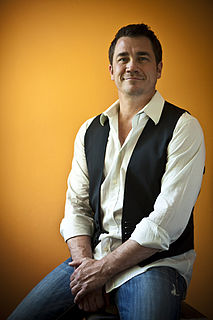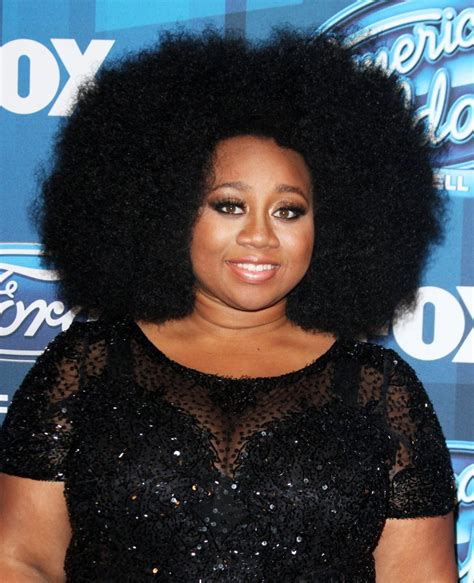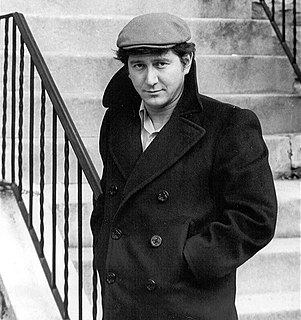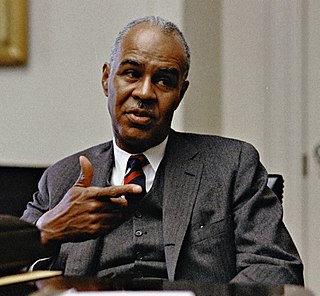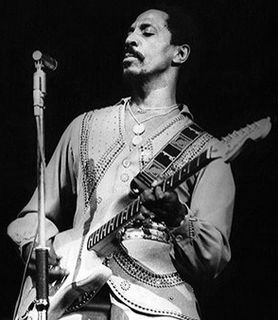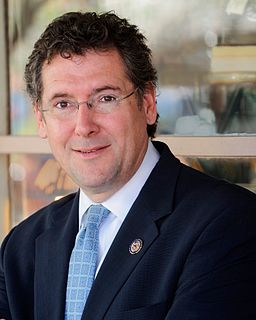Top 1200 Mississippi State Quotes & Sayings
Explore popular Mississippi State quotes.
Last updated on April 14, 2025.
I think there will be great leaders emerging from the State of Mississippi. The people that have the experience to know and the people not interested in letting somebody pat you on the back and tell us "I think it is right." And it is very important for us not to accept a compromise and after I got back to Mississippi, people there said it was the most important step that had been taken.
When my father started talking about strip mining in the Appalachia back in the '60s, I remember a conversation I had with him where he said, you know, this is the richest state in the country if you look at the resources and the land, but the poorest people after the state of Mississippi: the 49th poorest people in the country.
The only thing we took out was the Constitution of the State of Mississippi and the interpretation of the Constitution. We had 63,000 people registered on the Freedom Registration form. And we tried from every level to go into the regular Democratic Party medium. We tried from the precinct level. The 16th of June when they were holding precinct meetings all across the state, I was there and there was eight of us there to attend the meeting, and they had the door locked at 10 o'clock in the morning. This is what's happening in the State of Mississippi.
I was just an infant when [Fannie Lou] Hamer spoke - barley even awake in the world. But here she was, pressing the Democratic Party to refuse to recognize the all-white Mississippi delegation, because obviously there was no way Mississippi could have an all-white delegation. Black people had been kept from registering through violence and intimidation. She had experienced that violence herself and was there to speak about it and to insist the delegation of the Mississippi Freedom Democratic Party be recognized instead.
It is only when we speak what is right that we stand a chance at night of being blown to bits in our homes. Can we call this a free country, when I am afraid to go to sleep in my own home in Mississippi?... I might not live two hours after I get back home, but I want to be a part of setting the Negro free in Mississippi.
[My mother] tried so hard to make life easy for us. Those are the things that forced me to try to do something different and when this Movement came to Mississippi I still feel it is one of the greatest things that ever happened because only a person living in the State of Mississippi knows what it is like to suffer; knows what it is like to be hungry; knows what it is like to have no clothing to wear.
Coming from the South, I just felt you had to work just a little bit harder. It was not going to be handed to you. I’d get the letters from all the major schools but no one came out to talk to me face to face until this small, dominant black school, Mississippi State Valley University sent a coach out to me. I had a chance to talk to him and he said, ‘Hey Jerry, we’re going to be doing some great things at Mississippi Valley State University and we would love to have you there.’
Gary is a old factory town right outside Chicago. From my standpoint, my family migrated there in the '50s and '60s from Mississippi - Sardis, Mississippi - shout out to Sardis, Mississippi. My family migrated there just like a lot of black families in that area: they migrated there to get jobs, to get those factory jobs, that steel mill job.
The river itself has no beginning or end. In its beginning, it is not yet the river; in the end it is no longer the river. What we call the headwaters is only a selection from among the innumerable sources which flow together to compose it. At what point in its course does the Mississippi become what the Mississippi means?
In the space of one hundred and seventy-six years the Mississippi has shortened itself two hundred and forty-two miles. Therefore, in the Old Silurian Period the Mississippi River was upward of one million three hundred thousand miles long, seven hundred and forty-two years from now the Mississippi will be only a mile and three-quarters long. There is something fascinating about science. One gets such wholesome returns of conjecture out of such a trifling investment of fact.






